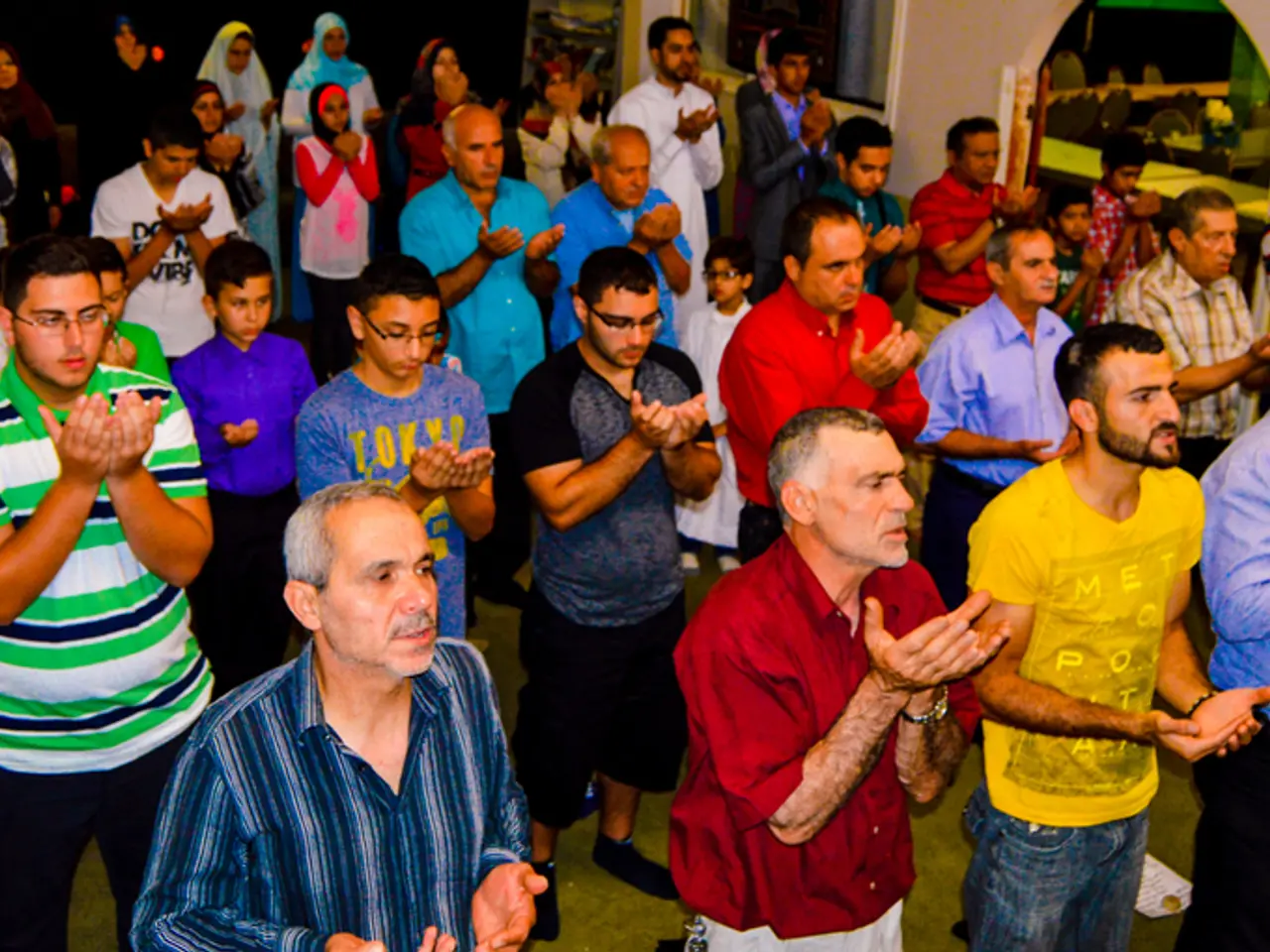Gathering of over a million Koreans, primarily focused on their Christian faith, petitioning for the well-being of their nation and their families.
On Sunday, October 27, approximately 2.1 million people gathered in Seoul, South Korea, for a joint worship service to affirm traditional marriage and family and pray for their nation. The event, organized by Korean Christian churches and individuals, was a response to the ongoing debate surrounding an anti-discrimination law that acknowledges the rights of same-sex couples to receive state health insurance.
As it stands, South Korea currently does not have an enacted comprehensive anti-discrimination law that explicitly protects same-sex couples. Although rights groups have campaigned for such legislation addressing discrimination based on sexual orientation and other personal traits for years, the law remains stalled amid political and social resistance.
The service featured three sermons that called upon the Church to not remain silent and safeguard families and children. The event's organizers emphasized the importance of the gathering for the Korean church to reflect on its social responsibility and the essence of faith.
According to reports, about 230,000 people attended the service in person, while an estimated 1.1 million participated online. The spokesperson for the organizing committee, Kim Jeong-hee, stated that the law's verdict was unconstitutional because same-sex marriage has not been legalized in South Korea.
The joint declaration issued by the participating churches claimed the protection of the family and everyone's right to freedom of religion, speech, thought, and expression. Speakers from the UK and Germany encouraged Korean Christians not to follow the same path as what they have seen in their own countries and instead be a beacon for churches around the world and shine the light of God's truth.
The service called on the government, the Constitutional Court, the National Assembly, and the ministry of education to refrain from enacting laws allowing gay marriage or promoting homosexuality and gender ideology through textbooks in schools. The organizers view these actions as a threat to the traditional family structure and religious freedom.
The event was seen as a milestone that suggests the direction and role the Church should take in South Korea. The issue remains controversial politically, and rights groups continue advocating for change. The government under President Lee Jae-myung is urged by activists and some commentators to prioritize passing this law to protect vulnerable groups and uphold equality.
In the broader social context, despite rising visibility of LGBTQ+ issues and activism, South Korea remains conservative with slow-moving reforms on gender equality and LGBTQ+ rights. The absence of legal recognition for same-sex unions means couples lack access to spousal health insurance coverage and related state benefits. This has been a long-standing demand aligned with U.N. recommendations, yet politicians have expressed concerns that introducing anti-discrimination legislation could cause ‘social conflicts,’ and emphasize the need for broader social consensus first.
As the debate continues, the joint worship service in Seoul serves as a reminder of the deeply held beliefs and convictions that shape the opinions and actions of individuals and communities on this contentious issue.
Read also:
- Weekly happenings in the German Federal Parliament (Bundestag)
- Southwest region's most popular posts, accompanied by an inquiry:
- Discussion between Putin and Trump in Alaska could potentially overshadow Ukraine's concerns
- Massive 8.8 earthquake hits off the coast of Russia's Kamchatka Peninsula, prompting Japan to issue a tsunami alert.






